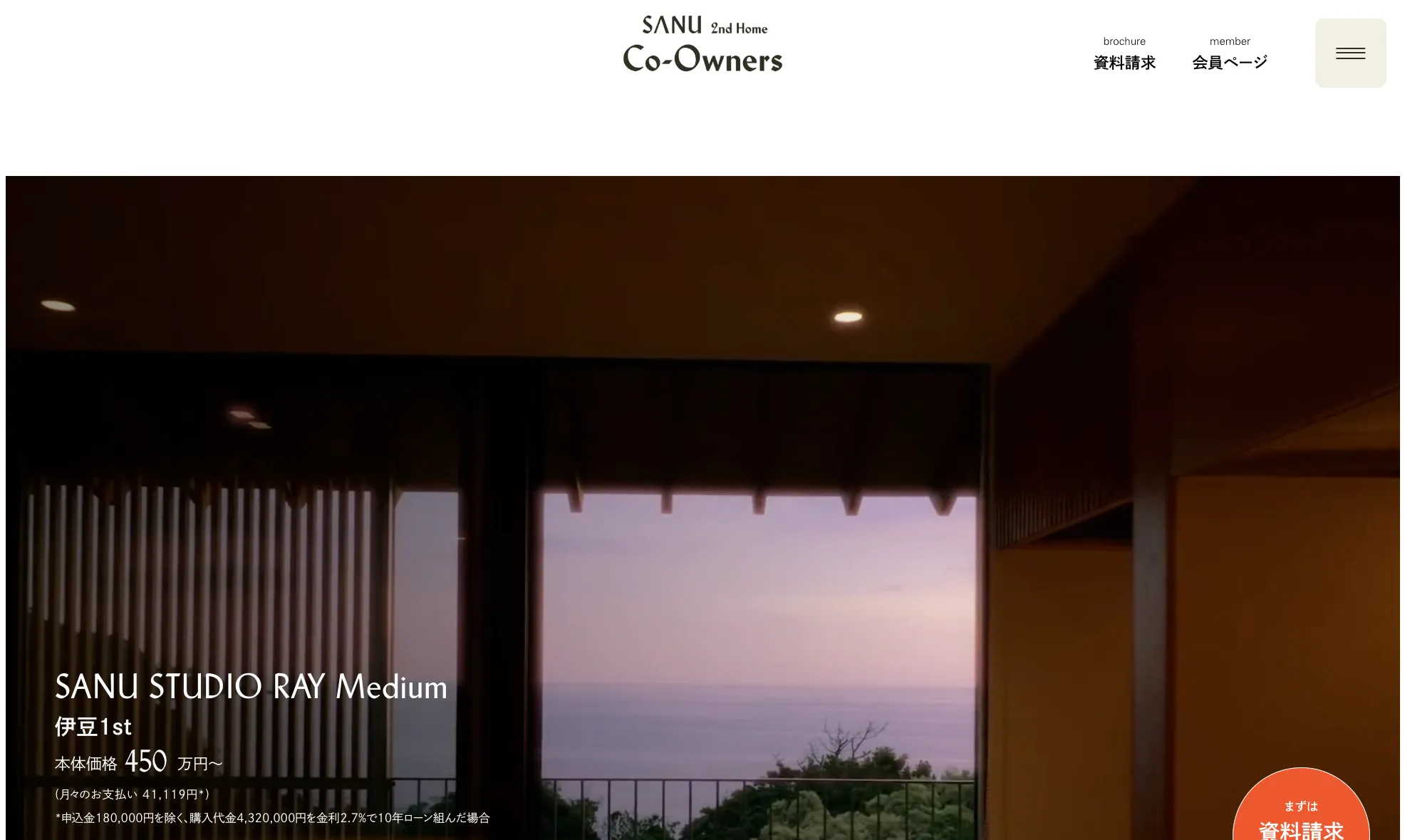Stay updated with the latest news, exclusive insights, and more.
.png)
Over the past few years, a shift has begun in how people think about lifestyle. When the COVID-19 pandemic shut down cities and workplaces around the world, workers and companies were forced to rethink the way they operate. Fueled by the rise of remote work, changing lifestyle priorities, and growing interest in sustainability, more people are rethinking where and how they live.
Nearly four years on, organizations are discussing the new work norms and styles for the post-COVID era. Some companies are taking steps to accommodate a diverse range of working styles, for example, implementing measures to allow employees to live anywhere in the country in an effort to attract talent.
From flexible subscriptions to second homes in nature-rich towns, a new generation of startups is helping people explore a different kind of life in Japan. Here are three trailblazing companies, ADDress, Saun, and HafH that are reshaping the idea of “home.”
Tokyo will always be Tokyo—full of energy, convenience, and ambition. But since the pandemic, more people are choosing to leave the capital in search of space, affordability, and a better work-life balance.
In 2024, real estate site Homemate published a livability ranking of Japanese cities. It evaluates each city using 13 lifestyle categories such as education, medical care, public transport access, and traffic safety. Each city is scored and compared using a standardized method. They showed the overall ranking as well as rankings for each category.
Here are the top-ranked cities overall:
You can find the full ranking here (Japanese).
These cities offer an attractive mix of lifestyle benefits that make them appealing to both Japanese citizens and international residents looking to relocate. This growing trend is encouraging local governments and businesses to rethink how they support new residents, including foreign entrepreneurs, remote workers, and digital nomads.
At Blackbox, we’ve been covering cities across Japan with a focus on startup ecosystems, culture, and quality of life.
Check out some of our past articles:
In Japan, a growing number of services now offer flexible, subscription-based living options that allow people to explore life beyond the city. These services are great for a new generation of residents, both Japanese and international, who want more freedom. They make it easy to try new opportunities in the countryside and help bridge the gap between urban and rural living.
ADDress is a startup providing monthly subscription-based housing services that utilizes vacant houses throughout Japan. Users pay a monthly fee of 44,000 JPY in exchange for having access to 200 different vacant houses or share apartments in Japan. All initial costs as well as Wi-Fi, furniture, appliances, and other necessities for living and working are included.

Sanu is a startup providing monthly subscription-based rentable “second home” services for users. Their team is answering the needs of the workers living in the metropolitan area, and to provide the option to stay in rentable cottages and cabins which are scattered across the nature-rich locations in Japan. Users pay a monthly fee of ¥55,000, in which they can reserve and enjoy the beautiful cabin to bring people closer to nature.

HafH is a service that are offering travel accommodation subscription services. The name stands for “Home away from Home,” in which users can subscribe and stay at hotels, ryokan, and guesthouses in 569 citiesall for a fixed monthly price. Depending on the plans, users can stay in those hotels for 3 nights, 10 nights per month, or unlimited. They targets remote workers who are interested in doing ‘workations,’ in which people enjoy remote working in a different environment.

These services represent more than just new business models—they're part of a fundamental shift in how people think about home, work, and life balance in modern Japan. For entrepreneurs, digital nomads, and anyone curious about exploring different lifestyles, these services offer an accessible pathway to discover what Japan has to offer. Whether you're looking for a weekend retreat in the mountains, a month-long stay in a historic town, or the freedom to work from anywhere, Japan's flexible living revolution is making it easier than ever to redefine what "home" means. The future of living in Japan is becoming more flexible, more sustainable, and more aligned with individual needs and values.